Kelsey Knorp
National Beat Reporter
Frontrunners for the Central Coast’s congressional seat won’t run unopposed in the upcoming state primary, with challengers from diverse political backgrounds slated to contest the four in June.
Early entry Bill Ostrander, along with Democratic newcomers Jeff Oshins and Benjamin Lucas, will take on First District Supervisor Salud Carbajal and Santa Barbara Mayor Helene Schneider. As of now, Matt Kokkonen of San Luis Obispo is the only contender alongside Republican Assemblyman Katcho Achadjian and businessman Justin Fareed. Meanwhile, independent candidates Steve Isakson and John Uebersax plan to challenge both sides of the political aisle.
Bill Ostrander
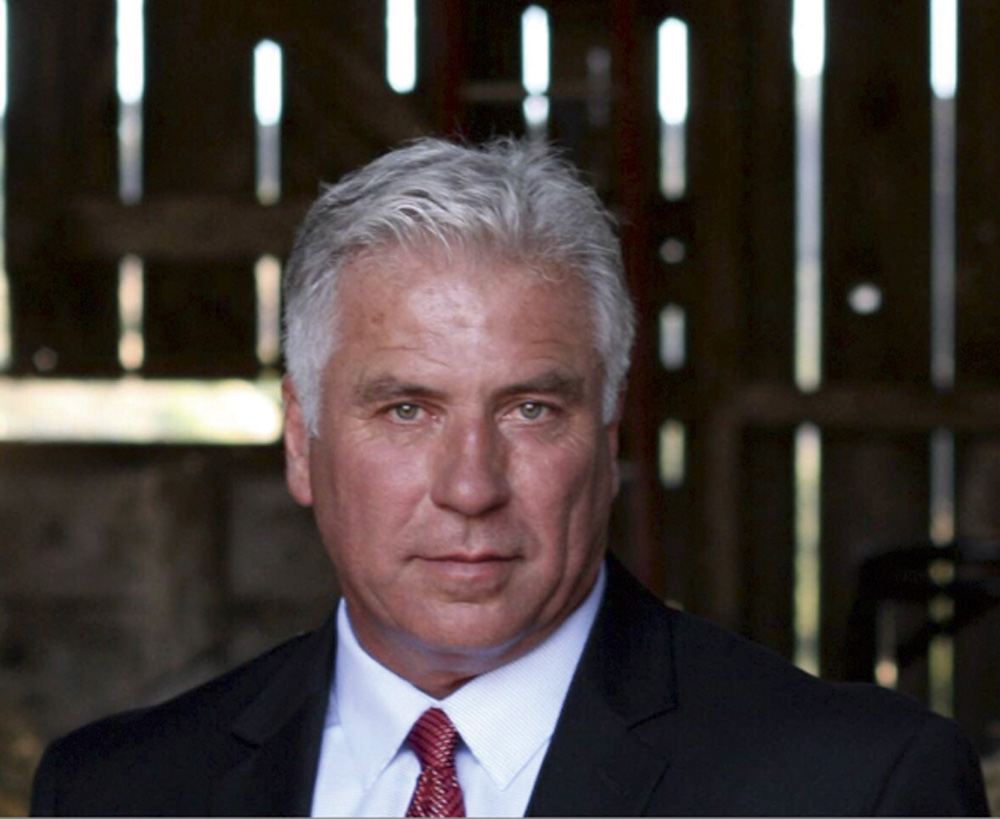
The Democrat and San Luis Obispo farmer believes congressional candidates should play to their political strengths, rather than offer the assortment of stances best suited to win an election. For Ostrander, those strengths are specific: campaign finance reform, agricultural impacts on climate change and higher education.
“Right now, our legislators in Washington spend 30 to 70 percent of their time not in their job of legislating, but raising money to win the next election,” he said.
By Ostrander’s calculations, today’s members of Congress only spend about half the day on legislation, with the other half spent “dialing for dollars.” To this end he pointed out Carbajal’s average campaign contribution of $1,300 — based on data from Apr. to Sept. 2015 — calling it “wrong” to measure a candidate’s viability in terms of financial support. In his view, legislators who subscribe to this dynamic are paid to reinforce the political status quo.
Acknowledging ties between education and social mobility, Ostrander proposes a number of policy changes to make college more affordable for middle-class families. He moves to consolidate organizations like AmeriCorps, the Peace Corps and other public service programs — namely those in the agricultural sector — to offer more efficient venues for student debt repayment.
A tax amounting to one-fifth of a percent on each Wall Street financial transaction could raise up to $150 billion each year for tuition assistance or eventual tuition-free college, Ostrander argues, adding that the United States is one of few countries without such a policy in place. On a broader scale, he pointed out that the U.S. has contributed 40 percent less tax revenue to higher education since 1980.
Ostrander has devoted years to sustainable farming practices that he projects could have a substantial impact on climate change at a national level. He estimates 35 percent of U.S. carbon emissions come from traditional farming techniques, especially soil tilling.
Photosynthesis funnels carbon to the roots of plants, leaving the toxic gas vulnerable to atmospheric re-entry if soil is overturned for new planting. The candidate recommends a countrywide shift to no-till farming, with increased reliance on perennial plants, compost and other agents shown to restore native ground.
“When we till, we not only destroy things that could be sequestering carbon, we also deflect some of the rain that should be going down to replenish the aquifers,” Ostrander said in reference to California’s drought. “The fact of the matter is that the earth has already got a proven biological ecosystem that will receive and hold that water for us.”
Jeff Oshins
Student debt is Oshins’ central platform and primary motivation to run for office. His proposed initiative on the issue has several parts, hinging primarily on debt consolidation and forgiveness.
If students are expected to pay back their debt immediately upon graduation, the former congressional aide argued that many face consequences like loan default. Default can cause one’s credit to be “wrecked for life” and rendered ineligible for future loans on businesses or homes.
“That’s why I’m looking at it in a macro sense, that it’s bad for the economy to have so many people not be able to afford to buy anything, not have the credit to start businesses,” he said, “so the first part of my plan is to give people time.”
A second component would be interest-free loans, or at least interest as low as U.S. borrowing rates, if Oshins has his way. He calls thirdly for expanded bankruptcy forgiveness for students, a policy that Vice President Joe Biden has historically obstructed.
Students should be able to consolidate the “mismatch” of loans they’re awarded, the candidate furthermore asserted. Additionally, a two percent fee charged on borrowed funds could be deposited in a trust fund for each student, should he or she later go into default.
“It’s different from the Bernie Sanders plan… which is a socialist model,” Oshins said. “And socialism really doesn’t work in the United States.”
Other sectors of the workforce often contend with insufficient income, a plight the candidate believes could be remedied by a $15 federal minimum wage. He pointed out that as technology advances, “the amount of work that it takes to produce the same amount of wealth is decreasing.”
Upon passage of the Affordable Care Act (ACA), Oshins demonstrated support through his license as an insurance agent to accrue sign-ups through obamacare-enrollment.com, a site of his own creation. Though he calls the act a good “starting point,” he sees its present form as compromised by a number of Democratic deals to get it passed, many of which favor the already-powerful pharmaceutical and insurance industries.
At a local level, the candidate recommends greater incentives for medical providers to accept the various types of insurance offered by the ACA. Many private or nonprofit health care groups are selective; the local Sansum Clinic, for instance, accepts coverage by Anthem Blue Cross but not the Blue Shield of California.
“One of the ideas of the Affordable Care Act was to put individuals into a collective pool so they would have a better negotiating position,” Oshins said.
Matt Kokkonen
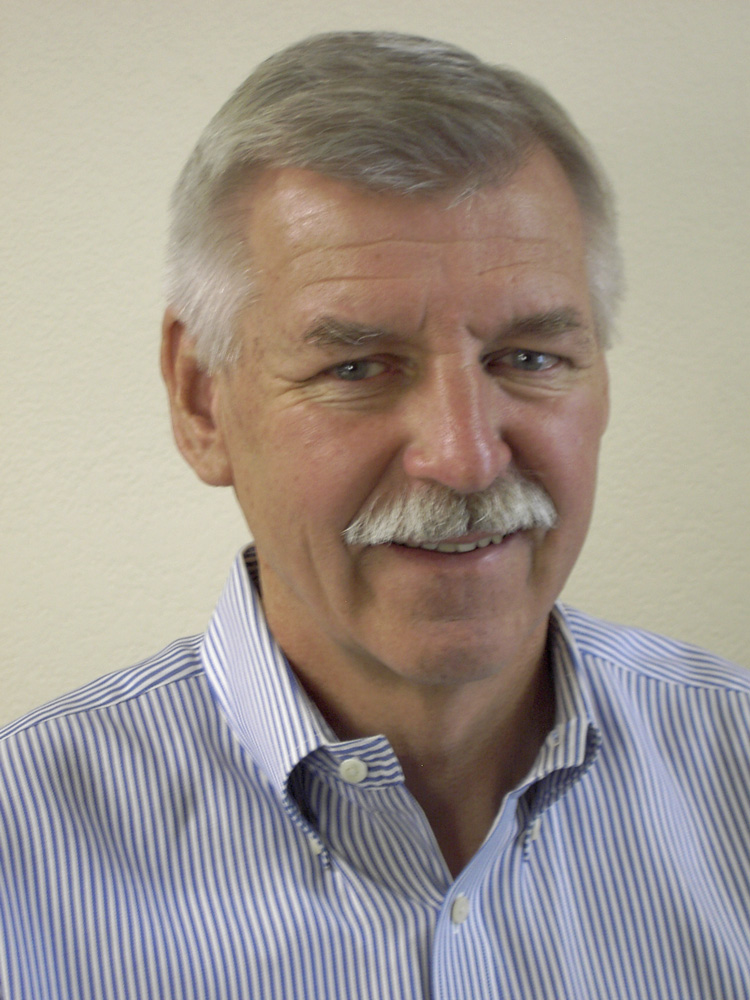
The Finland native’s conservative American Dream reflects his own path to success from immigration at the age of 16 to a prosperous career in financial planning. Kokkonen plans to apply that experience by shaving both the federal budget and business regulations to unleash greater economic potential.
But outsiders wishing to follow in his footsteps must face strict scrutiny to curb the current “illegal invasion,” he said. The candidate would work to eliminate birthright citizenship and defund “sanctuary cities” like San Francisco; he also recommends that state-level measures granting driver’s licenses to the undocumented be stopped.
Each federal program — save for the Department of Defense — would be subject to a 10 percent funding reduction across the board under Kokkonen’s policy. Defense resources should largely go to overseas nations fighting ISIS, he asserted, with increased U.S. military presence available as a secondary resort.
“We need to look at some departments, for example the Department of Education,” Kokkonen said. “We don’t need a department of education at the federal level at all. Washington doesn’t have any idea how to run schools.”
This advocacy of states’ rights is a common theme throughout the financial consultant’s platform, bolstered by a unanimous Supreme Court decision in 1994 that invalidated federal authority over a state-level agreement between the candidate and former employer Guardian Life Insurance Co.
These secure-border stances fall in line with Kokkonen’s position on national security, which supports a strong military presence in the Middle East and repeal of the U.S. nuclear deal with Iran as a challenge to radical Islam.
Another target of repeal is the ACA, which he sees as a law based in “misrepresentations and lies” that ultimately spiked premiums for covered citizens. Those covered under the act’s “bronze” policy often face deductibles as high as $5,000 annually.
The candidate argued further that many of the 30 million Americans the ACA claimed to cover were not without insurance indefinitely, but rather in between jobs. As a more competitive alternative, he calls for privatized health with tax deductions for citizens who purchase insurance.
To address the ever-present issue of energy resources, Kokkonen would push for expanded offshore drilling in the Santa Barbara Channel, arguing the measure could actually reduce pollution caused by natural oil seepage underwater. He alleged the current rate of seepage nearly matches that of 1969, following the historic oil spill.
“The best way to help the environment is to drill and release the gases and oils, because it reduces the natural pressure,” he said. “It’s proven technology.”
Steve Isakson
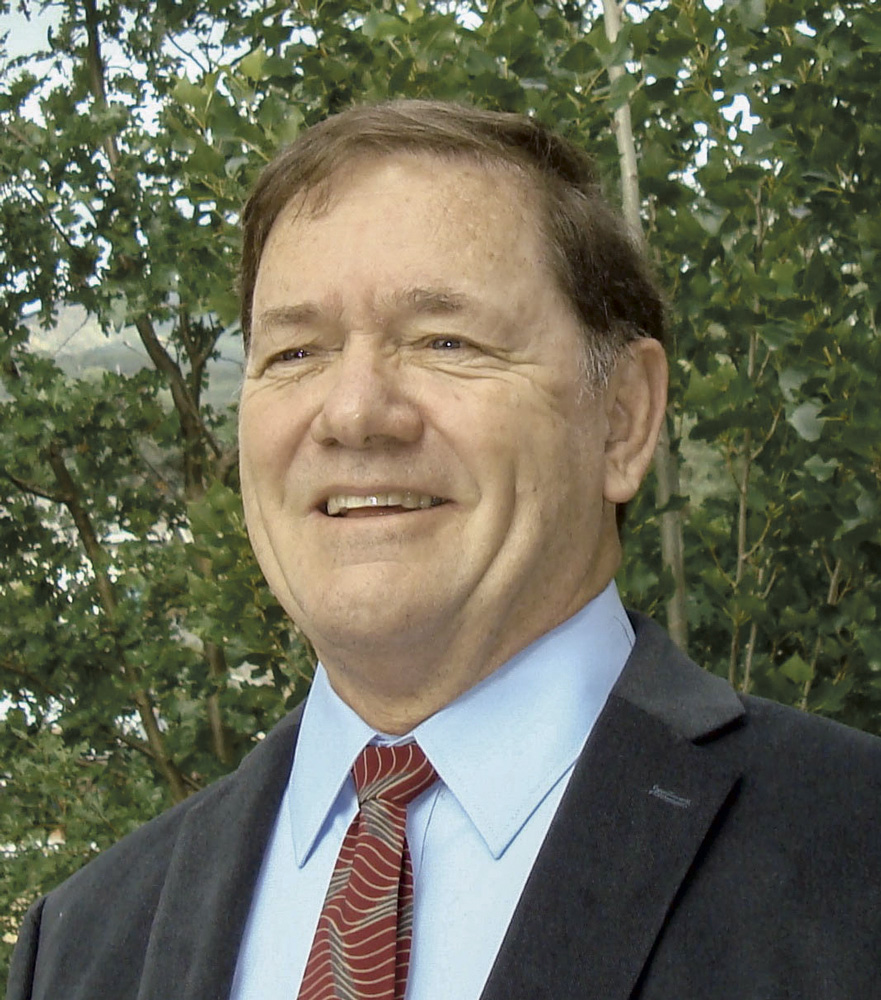
Independent candidate Isakson, chief engineer at Rantec Power Systems, promises a voice for voters of the 24th District, rather than a scheme for reelection dictated along partisan lines. He sees himself as occupying a “semi-unique” position between the two parties, that could be used as a platform for the mediation that is often absent from bipartisan discussion.
“I would say there’s a good portion of Congress that is very smart and really wants to do a good job for the people,” he said. “The problem is that they’re under the thumbs of the party whips, and the party can make it a lot easier for them to get reelected.”
Isakson pledges to resist such influence by party leaders and stay true to his unifying mission, even if that undertaking results in his replacement next election cycle. He’d be satisfied with reconciling the parties enough to “agree that something needs to be done” about congressional gridlock.
Another priority of Isakson’s is a balanced budget, though he falls somewhere between Republicans and Democrats on taxation and spending cuts. Social Security, for example, could benefit from a one percent tax on all Americans, rather than just those subject to payroll taxes.
The candidate’s stance on corporate America somewhat echoes that of presidential hopeful Bernie Sanders, recognizing the disproportionate tax burdens placed on individuals versus big conglomerates. This inequality is exacerbated further, he said, by companies that stash profits in offshore accounts to avoid taxation; he noted Apple’s known pattern of routing money through countries like Ireland.
He also favors closer scrutiny of “charitable deductions” for the wealthy, citing the controversy sparked by presidential candidate Mitt Romney’s tax returns in 2012. The former Republican nominee shaved four percentage points off of his taxation rate through deductions that Isakson claims may not be entirely valid.
The Affordable Care Act offers a fair path to universal health care, in Isakson’s view, but at too high a cost to its beneficiaries. In large part, he finds that this blame falls on the monopolistic influence of insurance companies; he would even consider a single-payer system to help Americans escape that burden.
In a broad sense, Isakson called student debt a “state-level problem.” When states like California began making cuts to public education, they subjected students to inevitable tuition hikes and forced institutions to more heavily rely on research funds. He sees opportunities for debt relief in expanded civil service programs but is “open to suggestions.”
John Uebersax
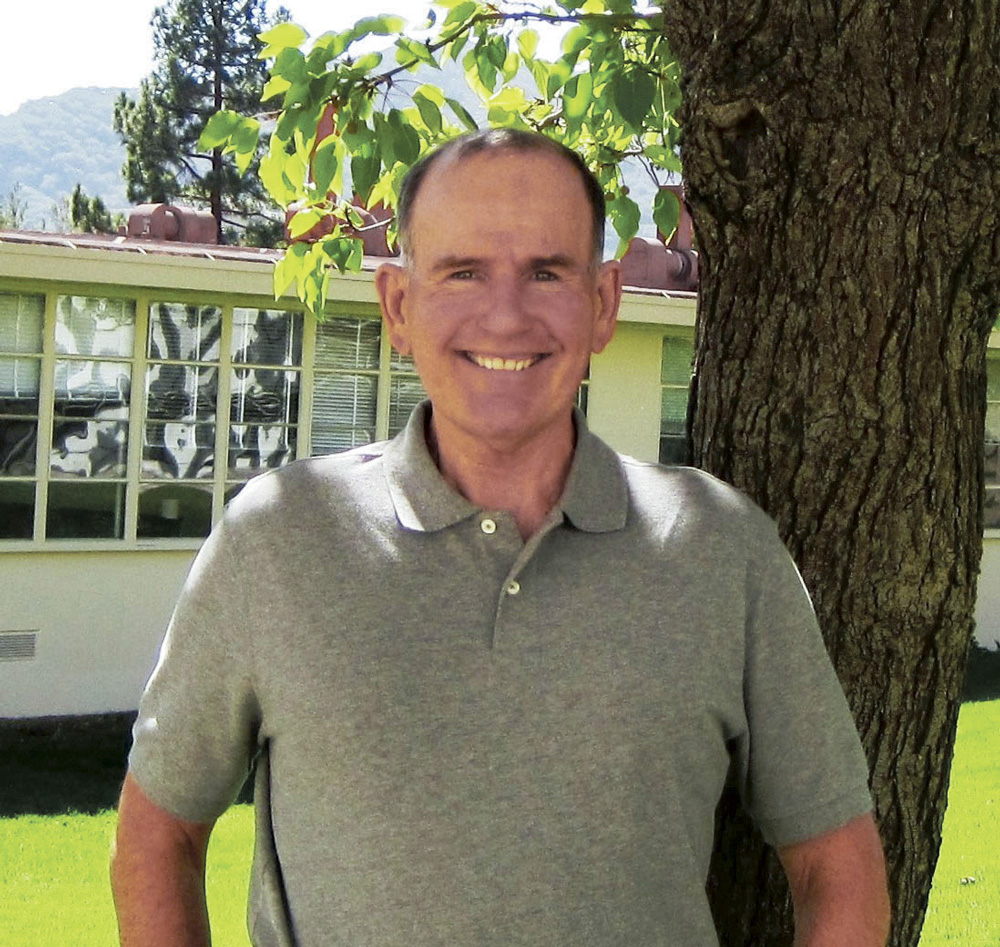
Biotechnology consultant Dr. John Uebersax, Isakson’s independent rival, sums himself up as the “peace candidate.” He insists on a return to congressional authority when it comes to war powers and aligns himself with anti-war advocates like former congressmen Dennis Kucinich and Ron Paul.
“We have to not just make peace this big hope,” Uebersax said. “We need to make it an explicit policy goal. It has to be an objective.”
In Congress, he argued, war-related actions are subject to more thought and debate than they are at an executive level. He pointed to President Obama’s 2013 decision to arm Syrian rebels as an example of overreach with problematic consequences — namely the rise of global terrorist group ISIS.
Student debt is another central point of Uebersax’s platform and an issue he’s worked on in past years, primarily as the founder of advocacy group Californians for Higher Education Reform. On the Wikipedia page titled “College tuition in the United States,” users will find his own graph comparing rate spikes in recent years — including data from the University of California and California State University systems — to increased living and medical expenses.
“Look, I want you to know you’re getting taken advantage of,” he said. “And I can’t change it immediately myself, but it’s vital that you know so that you don’t just accept it.”
The candidate’s radical proposal entails the elimination of federal student loans, which he sees as catalysts for tuition hikes, and holds that American society could also be best served by destigmatizing members of the workforce without four-year degrees. Certain industries could develop instructional courses as a prerequisite for applicants with a lower degree of formal education.
Institutional advancement aside, Uebersax calls for a 15 to 20 percent flat tax on net income — including corporations — with possible breaks for taxpayers earning less than $40,000 per year. A reduction of the American workweek from 40 to 32 hours may also be in order to curb professional anxiety, the candidate asserted.
When it comes to health care, he regards many of the pharmaceutical industry’s financial backers — big banks and corporations — as “the mice in charge of the cheese factory.” The doctorate holder recommends a more localized approach to public health, a policy that might evade corrupt deal-making at a federal level.
“The irony is that if the government had its way, we’d all be working for insurance companies or billing companies in the health care system, making ourselves miserable and sick to pay for the monstrosity of this huge medical system,” Uebersax said.
Benjamin Lucas
Montecito Democrat Lucas has remained discreet is his campaign efforts, though intentions to run have been floated by several local news organizations. More information will follow as it becomes available.
***
An earlier version of this article stated that John Uebersax blames pharmaceutical companies for politically corrupt health deals; he rather blames many of the companies’ financiers. The error has been corrected above.

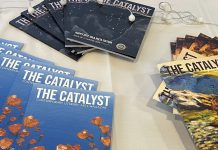







Vorige week was ik nog op het station in Tilburg, tijdens het wachten op m'n aansluiting aanschouwde ik die verlaten spoorzone (met draaischijf) en bedacht ik me: ik moet Luud z'n post daarover nog lezen.Nooit geweten dat die draaischijf zo'n bijzondere plek inomn.Trauwens, in Waalwijk is het voormalige spoortracé dwars door de stad wel degelijk gebruikt om een park te realiseren (met als gevolg dat we er nu trots op kunnen zijn, dat we het langste park hebben; er ligt een fietsroute waar vroeger de treintjes reden).
Kalen and Elizabeth, I so agree that it’s writers who push the envelope that expand the genre. And also editors and publishing houses who’ll take a chance on envelope-pushing books, and readers willing to read the books and talking them up to their friends :-).
Comments are closed.